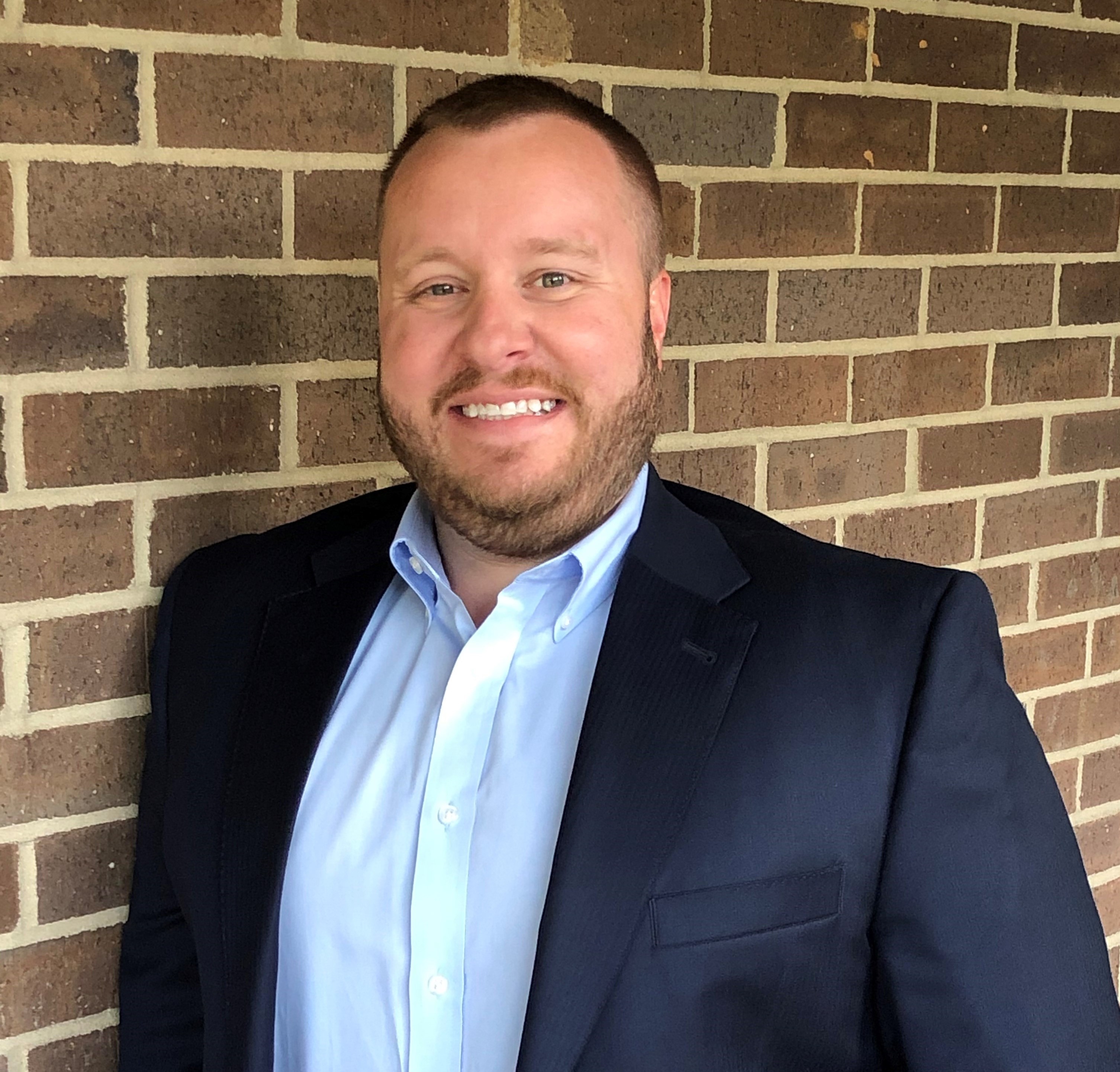Global View Investment Blog
Financial Wellness: Smart Moves for Every Stage of Your Life
As an Independent Registered Investment Advisor (RIA) in Greenville, SC, we are often asked about our definition of financial wellness. It’s a great question because it can mean different things to different people depending on their stages of life.
Financial wellness is about striking that perfect balance between enjoying your life right now and smartly preparing for what comes next. Having a clear strategy and well thought-out plan helps ensure that you aren’t just living daily without a meaningful plan.
Think of financial wellness as a puzzle with a thousand pieces of different shapes and sizes. Our job is to assemble the pieces into a cohesive picture.
- There's budgeting, which includes keeping track of your spending and making sure you're living well within your means.
- Saving is another big part of your strategy: setting aside cash for a rainy day or those big travel plans.
- Investing is a way to make your money grow over time.
- Elimination of debt ensures maximum financial freedom.
- Planning for retirement is another component of financial wellness– it's never too early to start thinking about how you are going to fund those golden years.
It’s important to note that financial wellness isn't just about the size of your bank account. It's about feeling confident and secure in your plan for accumulating and preserving your retirement assets. It’s a way to pursue the financial goals you've set for yourself and know you're financially prepared for a comfortable, secure future.
It's that sense of control and confidence that defines financial wellness.
Your need for financial wellness during retirement could last 30 years or more based on rising longevity.
Retirement Fears? Watch our Managing Partner, Joe E. Hines, Jr., discuss ways to reach your retirement goals.
In this blog, we’ll look at smart money moves you can make to pursue financial wellness at every stage of your life.
Early Career (20s and 30s)
Your path to financial wellness should start by creating a realistic budget. Track your income by source and individual expenses to better understand your spending habits. Prioritize saving a healthy portion of your income. Aim for an emergency fund that covers six months of emergency living expenses. Avoid spending down your market investments to allow for compounding growth.
You should also consider the long-term benefits of acquiring additional education or training. Assess the potential return on investment, but be cautious about accumulating excessive student debt. The ideal education or training will open the door to higher-paying jobs in the future.
The saying goes, “It's never too early to start.” Take advantage of employer-sponsored retirement plans like 401(k)s, especially if they offer matching contributions, and explore setting up a traditional IRA if you are self-employed or are looking for additional ways to build your retirement savings.
Mid-Career (40s and 50s):
The habits you developed in your 20s and 30s should carry over into this period. This is often your peak earning period. Here's how you can optimize this period for financial wellness:
- Maximize your retirement savings. This is a pivotal time to boost your retirement contributions. Consider maxing out 401(k) plans and IRAs. If you're over 50, take advantage of catch-up contributions.
- When possible, be aggressive in reducing any debt. Focus on reducing or eliminating high-interest debts like credit cards and personal loans. This will free up more funds for savings and investments.
- Diversify your investments to manage your investment risk. Balance your portfolio with a mix of stocks, bonds, and other investments based on your risk tolerance and investment goals. Note: It’s important to do this for retirement and non-retirement accounts.
- Continue to ensure you have an emergency fund, typically six months or more of living expenses, to safeguard against unforeseen financial challenges.
- Reassess your insurance coverage, including life, health, disability insurance, and long-term care, to ensure it meets your evolving needs as you age.
- If applicable, continue to save for your children's education through 529 plans or other educational savings vehicles.
- Start planning for rapidly rising healthcare costs during your retirement years. This also includes a need for long-term care insurance.
- Update or establish your will and consider setting up trusts or other estate planning tools to manage your legacy.
Pre-Retirement (60s)
As you plan your retirement, here are important financial wellness tactics to consider.
Deciding on the optimal time to start collecting Social Security benefits can significantly impact your retirement. Your analysis should include reviewing other retirement income sources and considering your personal needs, life expectancy, marital status, and tax implications.
You should also identify the sources of income in retirement and how they may impact your tax situation. If you plan on drawing from traditional IRA accounts, consider your required minimum distributions (RMDs) and how you will be taxed on that income.
On the flip side, you should identify your expected (and unexpected) retirement expenses that need to be accounted for, such as living expenses, travel, entertainment, transportation, and healthcare costs.
You should also plan for the impact of inflation on your retirement, as it can erode the value of your money. Inflation can impact your everyday expenses like food, transportation, and healthcare if you plan on retiring using fixed income and savings. Inflation can be very erosive over longer periods.
Ensure that your estate plan and legal documents are up-to-date and current, especially if major life events have occurred during this period. Tax minimization should also be an important part of this process.
Retirement (70s and beyond)
Given today’s extended life expectancies, you could be retired for 30 years or longer. This phase of financial wellness is all about carrying the appropriate investment mix that balances principal preservation, income generation, and market growth. Increased healthcare expenses and end of life care can place increased pressure on your asset levels, and proper risk management will help with mitigation of these increases spending pressures.
You should develop a withdrawal strategy for your retirement savings. Be sure to consider the required minimum distributions from retirement accounts and the tax implications of your withdrawal strategy.
Get to Know Global View Investment Advisors
At Global View, we see financial planning as an ongoing journey, not just a one-off meeting. Our goal? To help you get where you want to go. It starts with a comfortable, secure lifestyle that lasts a lifetime.
Working with our team of experienced CFP® fee-only financial planners in Greenville, SC, your journey toward financial wellness starts with us getting to know you through a series of meetings to understand your financial concerns and goals.
Remember, it's a team effort – we'll be doing our part, and we'll help guide you with yours. Expect regular catch-ups, checklists, and discussions from us. We believe in having regular reviews to discuss your financial plan, investments, and any new developments in your life. We know there will be changes and will be prepared to address them.
At Global View Investment Advisors, we 'are an independent, privately owned firm. This means we don't have to answer to a corporate office or satisfy the earnings demands of public shareholders. Our focus and dedication are solely based on what is best for you.
When you partner with Global View, you get an experienced wealth management team.
Connect with us to learn more about creating a financial wellness plan for you and your family.

Written by Matthew Crider
Matt is a CERTIFIED FINANCIAL PLANNER™ professional who has been in the financial advisory business since 2008. He holds a BA in Marketing and Management from the University of Cincinnati and his MBA from Clemson University. Prior to Global View, Matt began his career with Fidelity Investments. His specialties at Global View include asset accumulation and investment strategies; college funding strategies; budgeting discipline and analysis; multi-generational planning; and life event changes, such as marriage, kids, home purchase, retirement, etc.
Are you on track for the future you want?
Schedule a free, no-strings-attached portfolio review today.
Talk With Us






